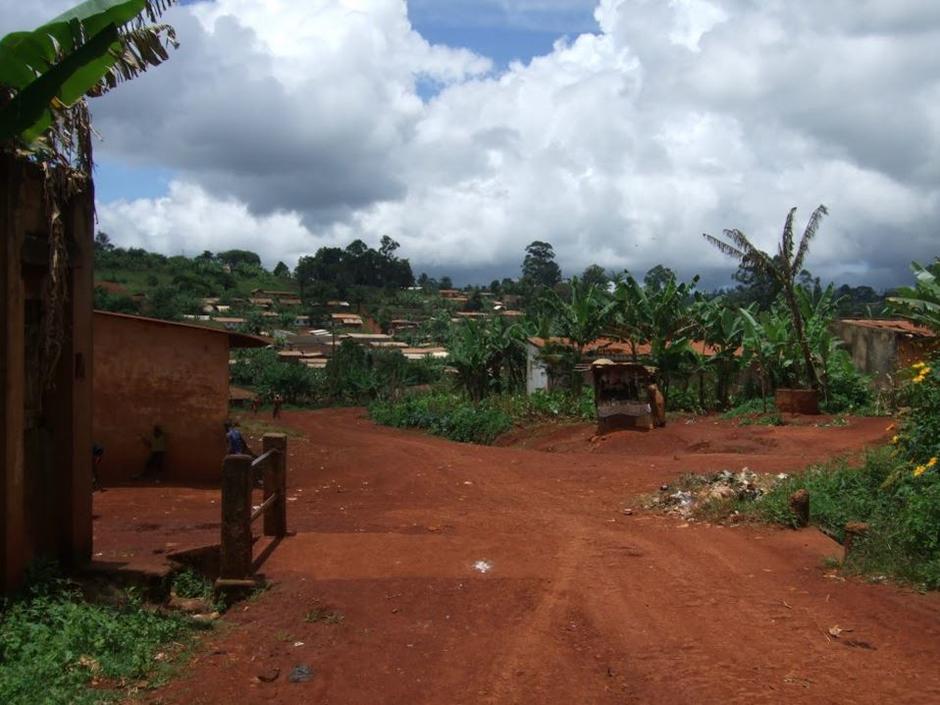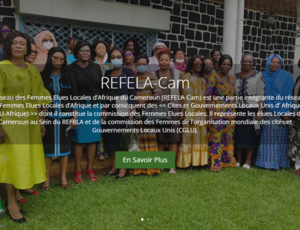
Humanitarian and Development
Place
Bangangté and Fokoué (Cameroon)
Sponsor
Thierry Vandevelde
Grants
€150,000 at the 26/1/16 Board.
€100,000 at the 13/06/22 Board.
Project Leader
Réseau des femmes élues locales du Cameroun (REFELA-CAM – Cameroon Network of Female Local Councillors)
Cameroon is truly a country of contrasts. The country’s significant energy potential is underused. Cameroon harnesses less than 1% of its solar resources and equally the country does not capitalize on its many waterways; it is in fact ranked second in Africa for hydroelectric power potential. The population pays the price directly: in 2018, according to the National Institute of Statistics, 46% of Cameroonians had no access to energy.
In view of the situation, REFELA-CAM is taking action by rolling out pilot sustainable energy projects in Western Cameroon. The organisation has been headed by Célestine Ketcha Courtès, the mayor of Bangangté, with whom the Foundation has already run, in partnership with AIMF, a water and sanitation sustainable project management programme.[1]
Pilot initiatives
The project selected in 2016 focuses on Bangangté and Fokoué. Respectively located in the departments of N'Dé and Menoua, in the west of Cameroon, these two towns are home to two local production and sustainable energy access programmes developed by Refela-CAM. These projects are designed to set up a solar-powered street lighting network in both towns and the creation of a small hydroelectric power station in Bangangté.
In both cities, infrastructure management is also part of the programme: maintenance, organisation of technical services as well as the pooling of skills are key elements of good public service management. The project includes a section dedicated to these governance aspects.
The installation of these infrastructures is part of a "network" approach. The pilot cases are shared with all the communes and training sessions on strengthening technical services and communal project management are organised by Refela-CAM. The project is expected to be scaled up in 2020.
Success and a new phase extended to 7 new municipalities
In 2022, the success of the programme led to the consideration of a new phase, extended to seven new communes, all led by women members of Refela-Cam. On this occasion, the Cameroon Mayors' Network for the Social and Solidarity Economy (Remcess) is integrated into the governance of the project, in order to ensure the link with civil society organisations and local cooperatives in the member and beneficiary towns. The projects concern several infrastructures: public lighting, electrification of public buildings, mini-grid and solar water pumping.
The scheme is based on different modalities of public service delegation for production and distribution, provided by SSE actors (cooperatives). This approach will have the advantage of providing decision support to local executives, by developing adapted and standardised solutions, and of supporting sustainable local sectors through public procurement.
At the institutional level, the association of the pilot municipalities, the AIMF, the Ademe, the Veolia Foundation, as well as the Refela-CAM and Remcess networks should make it possible to strengthen the available technical expertise.
---
[1] The programme improved access to water and sanitation for the residents of Bangangté (roughly 200,000 people).


